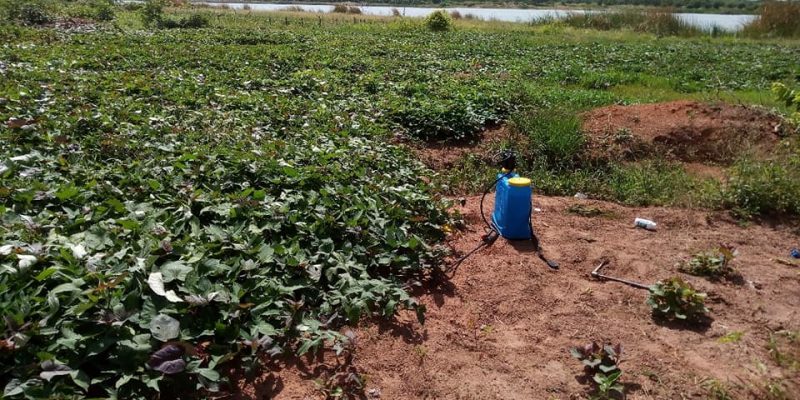A new project aims to rehabilitate and rebuild several water reservoirs in an advanced state of deterioration in Burkina Faso. The project was validated on 14 September 2021, during a workshop organised by the Burkina Faso Ministry of Water and Sanitation.
In Burkina Faso, major works will soon be launched by the Ministry of Water and Sanitation. They will involve the modernisation and reconstruction of several water reservoirs in the West African country. According to Ousmane Nacro, Burkina Faso’s Minister of Water and Sanitation, these facilities are in an advanced state of deterioration, representing 41% of the country’s 1,035 dams.
Among the degraded dams is the Bakata dam, located 40 km from Sapouy in the Ziro province. The facility, which had an initial capacity of 3.4 million m3, is now experiencing various forms of degradation linked to climate change, explains the Institut de la Francophonie pour le développement durable. These include bank erosion, destruction of vegetation cover, etc. This situation accelerates the silting up of the Bakata dam, as well as the reduction of its storage capacity.
The new water project was validated on September 14th, 2021, during a workshop held in Ouagadougou, the capital of Burkina Faso. The emergency plan will be implemented in two phases over a period from 2021 to 2030.
Improving water supply
“The preparation of this document takes place in a context marked by insecurity due to terrorism, which obliges the State to refocus its efforts on the defence and security sectors. In these conditions, the support of technical and financial partners (TFPs) is crucial for the mobilisation of the resources necessary for the implementation of the plan,” emphasises Minister Ousmane Nacro. In all, the country will have to spend 303 billion CFA francs (about 462 million euros) to implement this new project.
Read Also – AFRICA: water, at the heart of the continent’s environmental challenges
The dam rehabilitation and reconstruction project aims to improve water supply in Burkina Faso. It should contribute to the achievement of universal water coverage by 2030 as desired by the Burkinabe government.
Inès Magoum







